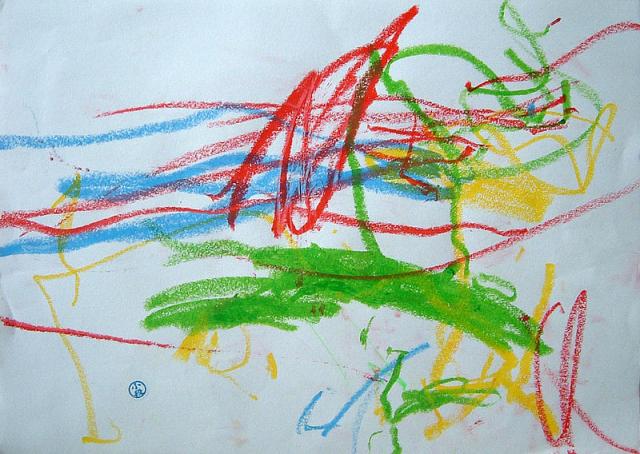My first thought, upon hearing of Amy Chua’s now famous (or infamous) essay about the superiority of Chinese mothers, is that it’s irrelevant to me. The odds that I will go out and father a child with a Chinese woman are exactly zero. Further, even if Chua has brilliant mothering tips, there’s no way I’m going to elucidate them for the mother of the children I do have, at least not so long as we have guns and knives in the house.
Chua’s essay, however, and its reverberations in the chattersphere, are hard for a parent to ignore. We’re all gripped by the fear, at least on occasion, that we are going about this all wrong. It’s hard not to pay attention when someone comes along to say, so very forcefully, “You have no idea just how wrong you really are.”
Chua’s thesis can be summed up as follows: Tiger mamas don’t give a whit about self-esteem. They demand excellence, and they’re willing to push, prod, threaten, cajole, and punish their children to far greater lengths than Westerners in order to get the academic and artistic performance they want. This is okay because children are resilient. What’s more, it’s necessary. “Nothing,” Chua writes, “is fun until you’re good at it.”
I hope nobody tells my six year-old, who can draw me pictures at a clip of roughly one every five minutes. It’s not high art, but he certainly does love doing i
Who’s happier at the end of that experience? Chua’s daughters may draw better after being rejected and shamed, and they may in turn derive some satisfaction from being better artists, but while the poor little Chua girls are more carefully tracing out “Happy Birthday” to suit Mommy dearest, my Issac has made me another 87 pictures, and beamed through every one of them.
That’s not to say we ought to spare our children the arduous tasks of developing excellence. But we also shouldn’t forget that anything worth doing is worth doing poorly.
We need to balance the necessary suffering of skill-building, in other words, with enjoying actions of creation, however meager. Joyful sorrow and sorrowful joy describe not just the walk of faith, but the path of a life well lived.
There’s a deeper problem with Tiger Mamas, however, and it’s evidenced in Chua’s critics as well. This is the notion that we parents are fashioning producers. This latent utilitarianism runs through the heart of today’s schools, and through too many of our churches, and we parents have embraced it without question.
Do we want our children to learn values and skills that enable them to craft valuable things in the world, and to care for themselves and their families? Without question. But is our primary function to raise productive members of society? Movers and shakers? Spellbinding artists? Captains of industry?
If this is the lens through which you view your parenting, then Chua has valid points. And so does David Brooks, who argues that she’s missing, in denying her children the chaotic joy of slumber parties, a chance for them to develop complex emotional intelligence. As does Ayelet Waldman, who counsels parenting tailored to the needs of the child.
They all make sense, and my strong hunch is that any of them is a far better parent than the schlub who lets his kid watch five hours a day of television.
But at the end of it all — no, at the beginning — you have to decide what you want the lives of your children to mean. Not in fine detail — their lives belong to them, after all — but writ large. What is your vision for your child? To be the best student? The finest pianist? A champion athlete?
Why in the world would you envision any of these things for your child? To what end? Your vision has to go further, in other words. Further inward, to the heart of your child, and thereby to your own heart. I want my sons to know God, and to know peace, and to know love — genuine, sacrificial, risk-taking love. I want my sons to find places in the world where, as Frederick Buechner writes, their deep gladness meets the world’s deep hunger. I want my sons to be better men than I.
Playing concert piano or curing cancer or digging a ditch — any of these can be right, and any of them can be wrong, and what will determine whether they are right or wrong for your child, for my child, is whether we have cultivated, in our brief time with them, hearts capable of love, and of joy, and of faith. Set all your will and hope on that, mother. Make it your constant prayer, father.
By all means, make sure they read good things, and exercise their bodies, and eat all their carrots. But the heart, the heart is the key. Be attentive to the rest, but passionate about this.








